📷 Museveni ends West Nile campaign with pledge to balance pay and development
“We are not against the salaries of public servants, but first of all, peace, the roads, electricity, health, and schools, then we can add on other things,” he said.
National Resistance Movement supporters welcoming President Yoweri Kaguta Museveni at Paridi Stadium in Adjumani town council on Monday, October 20. (PPU photos)
________________
President Yoweri Kaguta Museveni has urged Ugandans, particularly public servants, to exercise patience as the government works to strengthen key sectors of development before increasing salaries.
Speaking at a campaign rally at Paridi Stadium in Adjumani town council on Monday, October 20, President Museveni, who is also the National Resistance Movement (NRM) presidential flag bearer for the 2026 elections, concluded his West Nile sub-region campaign trail with a message emphasising peace, infrastructure, and wealth creation.
“We are not against the salaries of public servants, but first of all, peace, the roads, electricity, health, and schools, then we can add on other things,” he said.
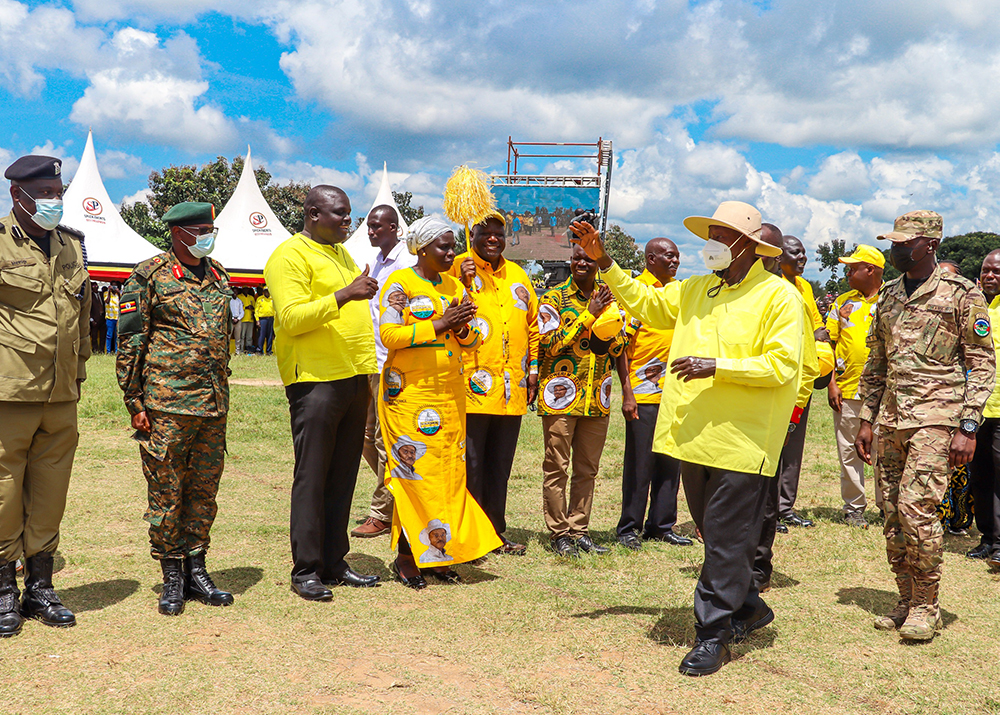
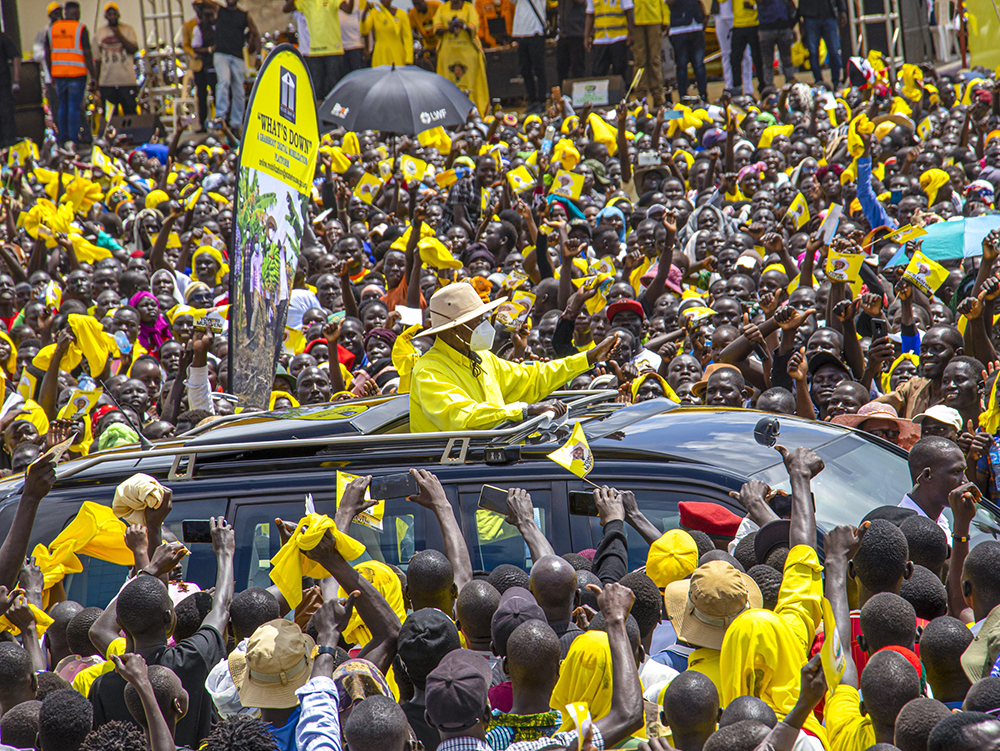
Museveni explained that while salary demands from teachers and other public servants were understandable, Uganda could not achieve lasting transformation by focusing on short-term gains.
“You have been hearing the teachers striking, saying that they want more salary. But is it correct to pay public servants more money when the roads are not done? Is it fair?” he asked, drawing applause from the crowd.
The President said his government’s budgeting priorities had always been rooted in national infrastructure and essential services. He cited poor road conditions in parts of West Nile, including the Pakele–Pabo and Adjumani–Obongi routes, pledging immediate government attention.
“The security road from Pakele to Pabo is in bad condition and must be worked on. The road from Adjumani to Obongi is also in bad condition, but we have finished the road from Gulu to Atiak to Adjumani, and we are continuing,” he said.
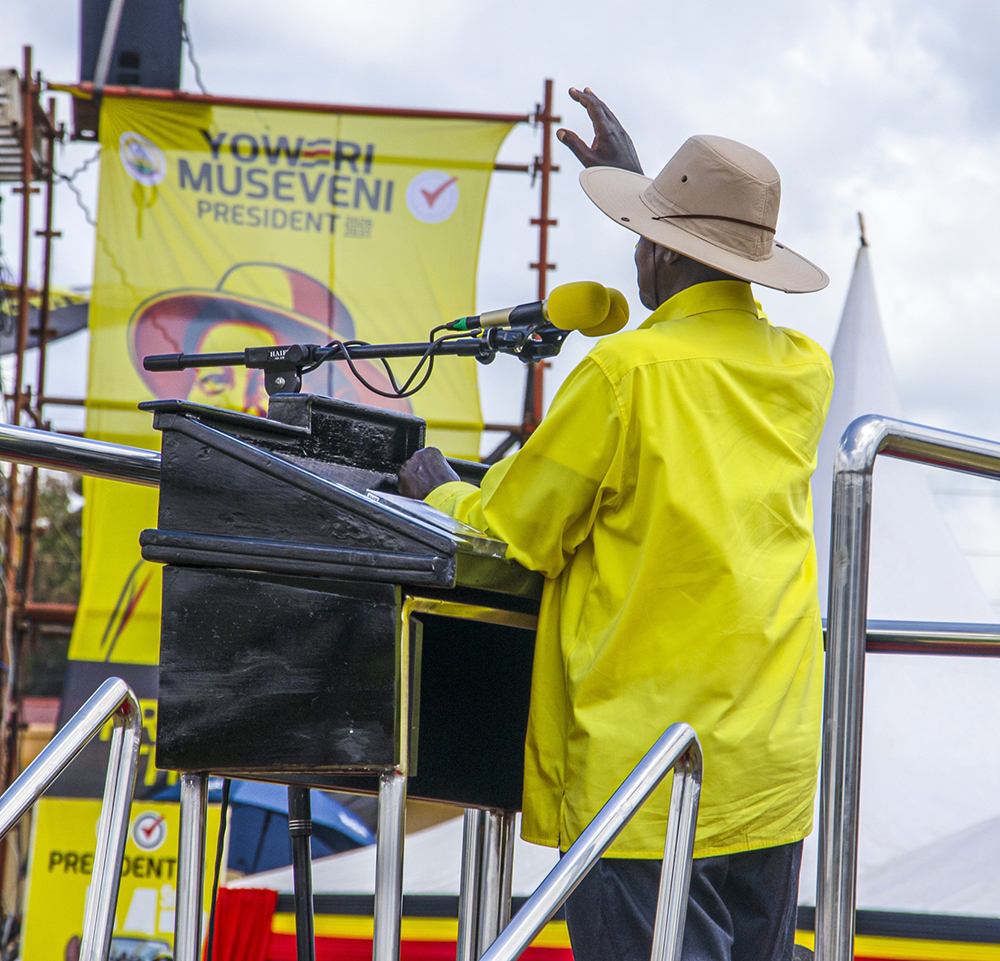
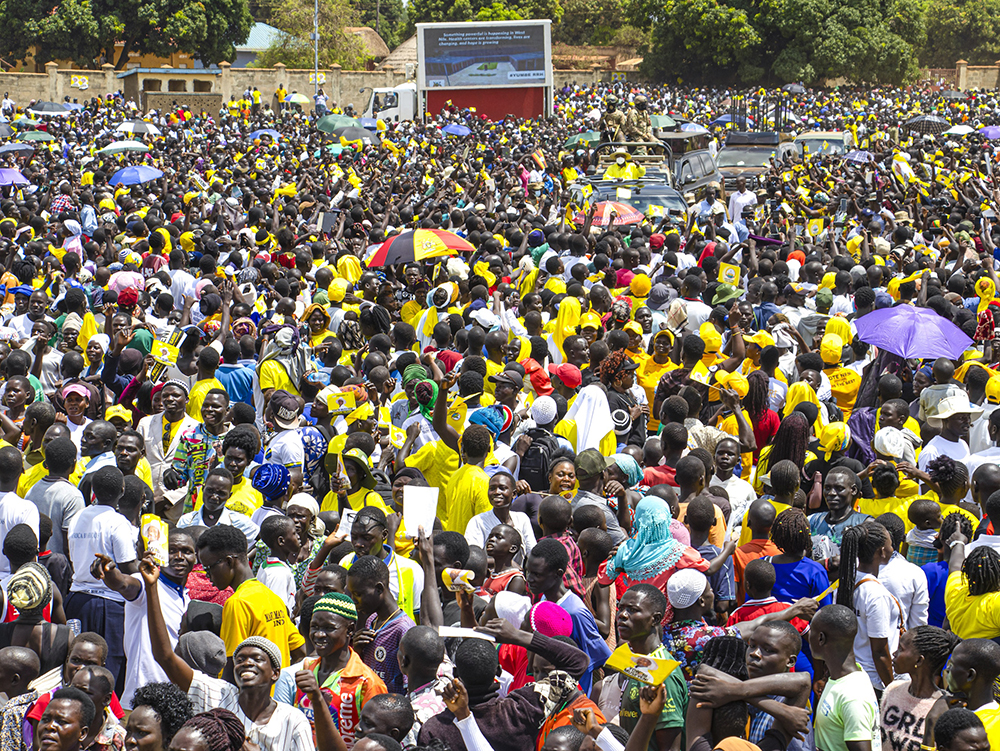
Museveni recalled that before the NRM came to power, Uganda’s tarmac road network stopped at Gulu, but now extends through several northern districts, enhancing trade and security. He said priorities must remain clear.
“Once we agree on the budgeting, what comes first, things will move. If there’s extra, then we can do other things. But let’s do the minimum first: the roads, the electricity, the schools, and the hospitals.”
The President also celebrated Uganda’s enduring peace, describing it as “a historic achievement unmatched in over a century”.
He revisited the country’s turbulent past, from pre-colonial wars to the chaos that followed independence, before NRM restored stability.
He said Uganda’s unity was a result of NRM’s ideology of patriotism and Pan-Africanism.
“That’s why we can win elections nationally in the first round,” he said, noting that no single tribe or region could achieve that alone.
Turning to development, Museveni pointed to the growing population in Adjumani as evidence of improved social services.
He attributed this to immunisation and improved healthcare, though he decried theft of drugs in public facilities.
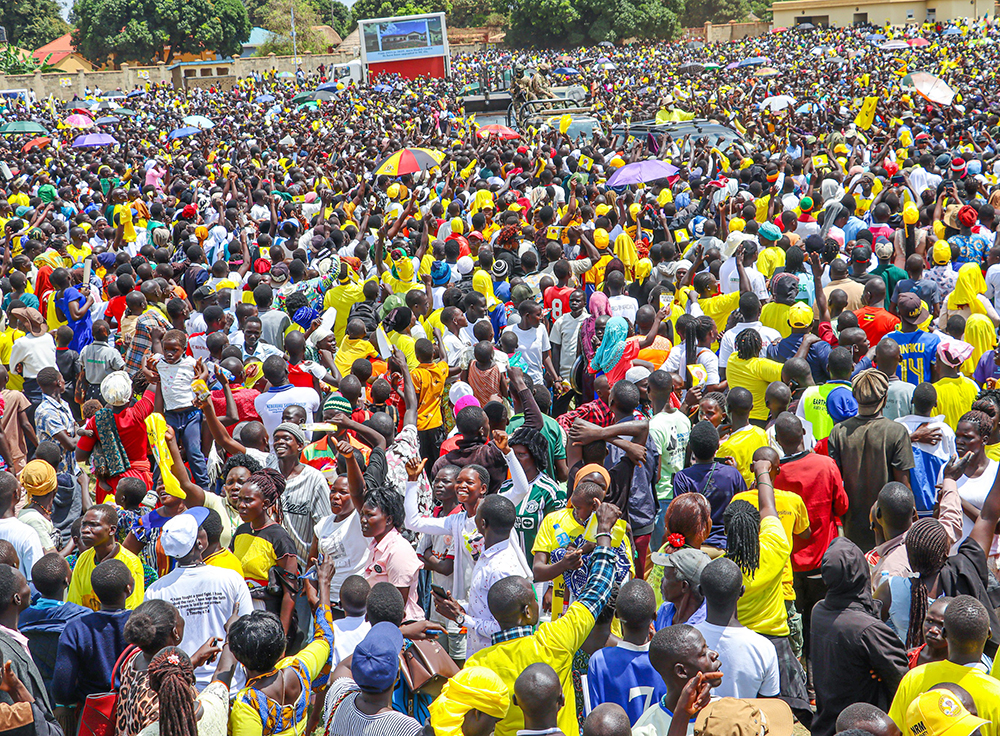
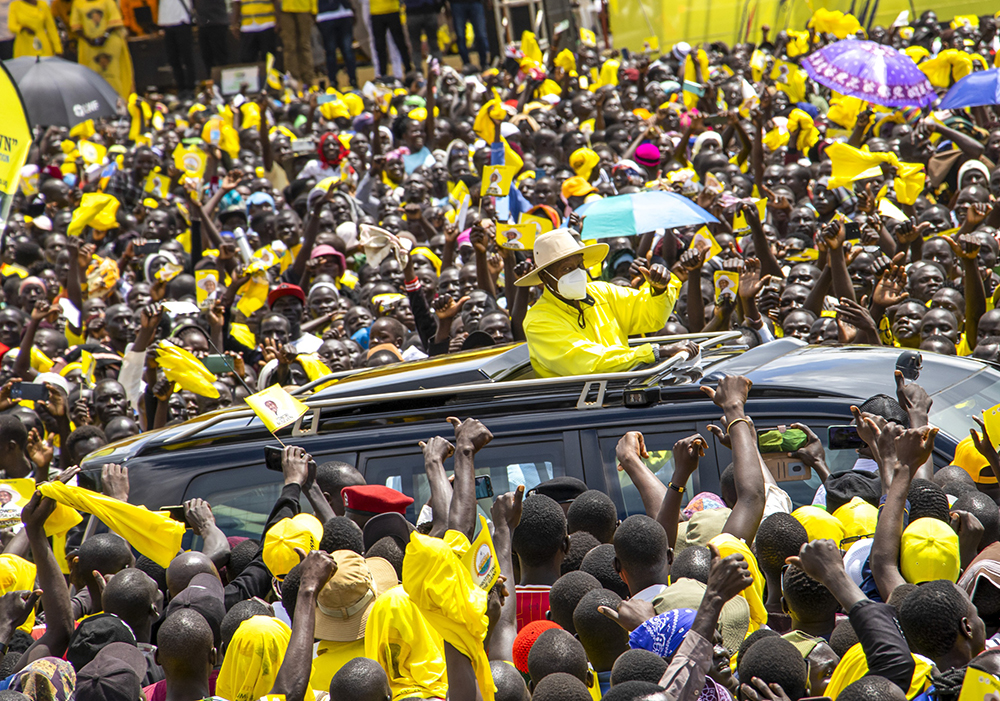
“The one problem in health is the stealing of drugs. Our people are using computers, but I am also thinking of getting religiously inclined people to monitor for me this stealing of drugs in the 1,400 health centres,” he said.
He reaffirmed his commitment to free education and announced plans to ensure every sub-county has a secondary school and every parish a primary school.
“Since 1996, I have been telling you about free education, but some people don’t listen and continue to charge money in schools. That’s why children drop out,” he said.
Museveni also highlighted government skilling programmes for youth and support for graduates who fail to find employment within two years. He urged Ugandans to embrace household income programmes under the Parish Development Model (PDM) to build family wealth.
He said each parish receives sh100 million per year for revolving credit and proposed additional support for local and religious leaders. He also cited oil production as a coming source of increased revenue.
“When NRM came, we discovered it, and it will start flowing next year,” he said.
Senior NRM leaders, including Gen. Moses Ali, secretary general Richard Todwong, and NRM vice chairperson for northern Uganda Hamson Obua, accompanied the President. They commended Museveni’s leadership and described him as a symbol of stability and continuity.
“In President Museveni, we vote for hope. We vote for stability in our homes, for the future of our children, for good health, and for progress,” Todwong said.
NRM chairperson for Adjumani Akuku Charles pledged full support for the President’s re-election and requested more tractors to expand agricultural productivity.
“Your Excellency, I wish to assure you that the people of Adjumani are fully behind you,” Akuku said. “We ask for more tractors to increase land under cultivation and improve our livelihoods.”